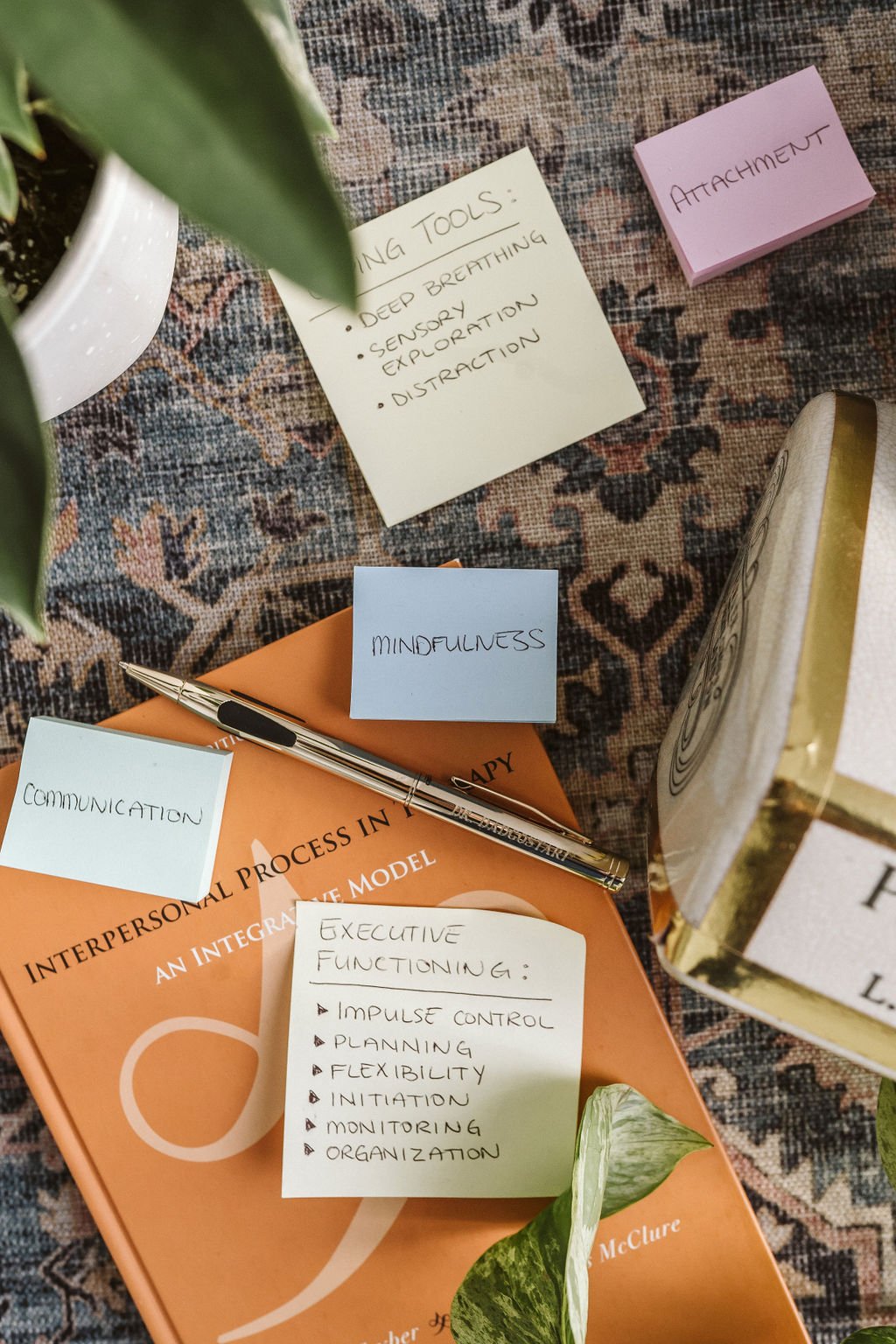Causes of Attention and Concentration Issues
Things that cause attention problems that are not ADHD:
You are tired.
Lack of sleep can have massive impact on attention and concentration.
You are worried.
Our brains are designed to make us focus on the most important thing. If something is more important (e.g., safety or health), your brain will make you concentrate on that instead.
You are hungry.
Nutritious food is brain fuel. Without enough fuel, higher-order brain processes like concentration will dwindle.
Your phone is buzzing.
At this point, most of us are conditioned to respond to notifications from our phones. Buzzing or dinging phones can interrupt attention and cause poor concentration.
Can we have your attention, please?
Recently, we have received a number of referrals for attention and concentration issues. Since the pandemic, concerns with attention and concentration seem to have skyrocketed, leading many to wonder what’s going on.
Attention is part of of a complex system of brain functions called executive functions. Executive functions are some of our most advanced brain processes. When everything is going well, our executive functions work to “manage us” like our internal CEO. They are in charge of many skills such as organization and keeping track of things, time-management, planning ahead, inhibiting impulses, etc. This set of skills continues to develop well into our 20’s.
When things aren’t going well, our executive functions are some of the first skills to decline. Our brain is efficient, and knows to prioritize our basic human functions (the things that keep us alive and safe). Our attention system is directed to the thing that seems to be the priority. Often times, emails, schoolwork, or listening to a lengthy dialogue is just not the priority.
We recommend taking a look at what else is going on. If other explanations come up short, there may indeed be an attention issue to check out.
Symptoms of ADHD typically develop in childhood, but can become more apparent or impactful later in life.

